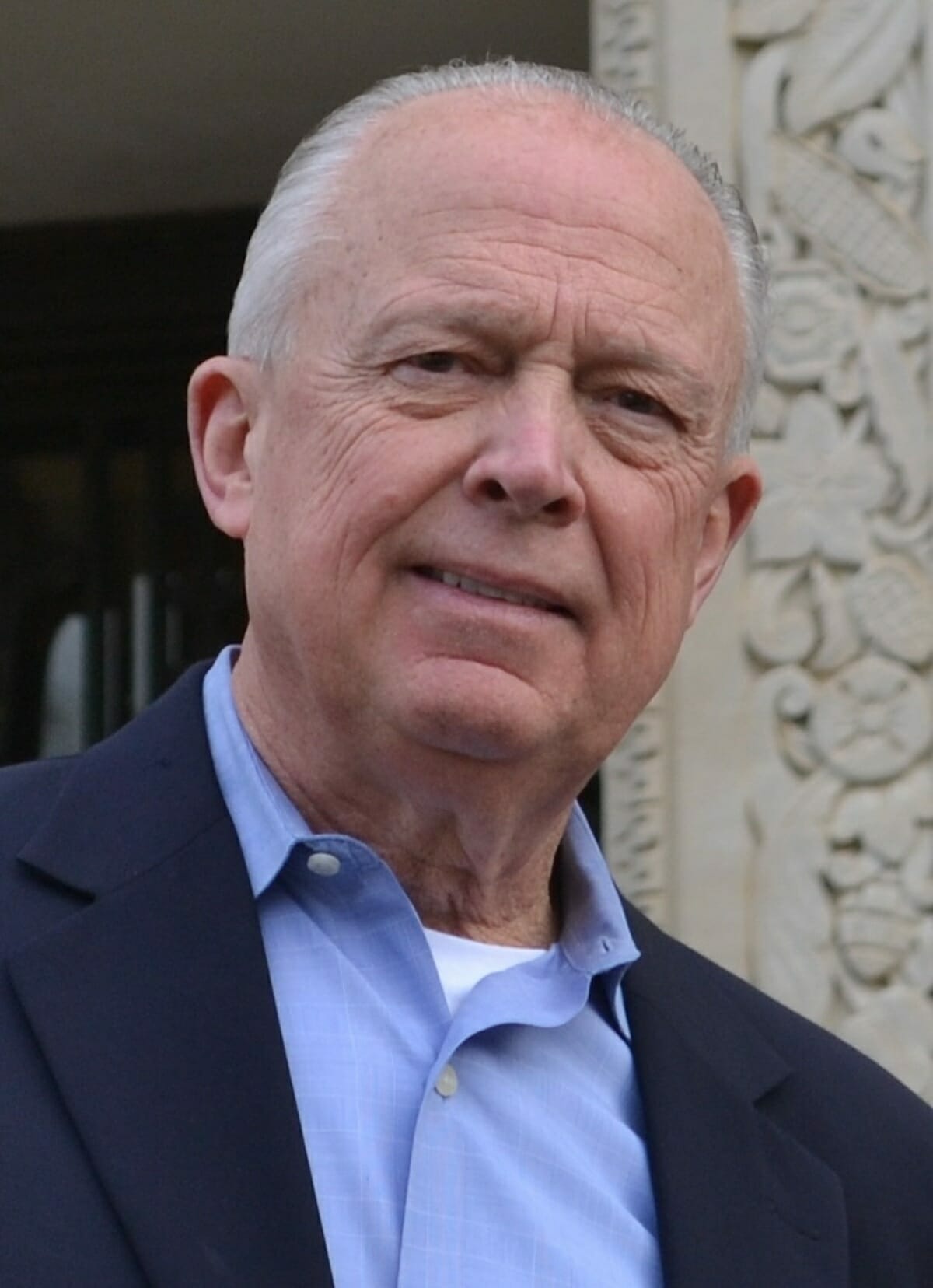A friend recently mentioned the influential poet and musician Gil Scott-Heron, an occasion that gave me the opportunity to revisit some of his works. The Chicago-native is considered a forefather of rap and the spoken word movement.
The best known of his efforts is likely “The Revolution Will Not Be Televised,” a call to Black Americans to ignore the distractions of consumerism and mass media in exchange for the pursuit of liberation, of both body and mind. This Black revolution, Scott-Heron writes, will not be seen because the media will censor it.
But there’s a different revolution happening already, live and in living color, and overt censorship is not the reason we are left ignorant.
Instead we can blame blind devotion to outdated notions of what “fair and balanced” means and a general intellectual laziness among national media. The journalists we rely on to help us understand our world are being left choking in the dust of a state-of-the-art machine that manufactures lies and misinformation at the speed of thought and spins the truth until it gets lost in a fabric of cynicism.
Jonathan Karl’s new book, Betrayal: The Final Acts of the Trump Show, is yet another political insider exposé of the former president’s attempts to subvert the 2020 general election. The ABC News Washington correspondent’s work joins the likes of the Washington Post’s Bob Woodward and trilogy (so far) of Trump titles, Fear, Rage and Peril, and other books from reporters for other major news outlets.
They all try to catch the public up on what was really going on inside the Trump White House and why the American public should fear how close we came to democracy being subverted beyond repair. But a New York Times review of Karl’s book captures a sentiment with which I’ve grown familiar.
Jennifer Szalai writes of Karl, “The author’s expressions of surprise are so frequent and over-the-top that they are perhaps the most surprising parts of this book.” How could a veteran of Beltway politics, she writes, be so often caught unable to assess and report contemporaneously on the manic improprieties he regularly saw?
That’s a thought I’ve had watching a steady stream of D.C.-based reporters on news talk shows give interviews about books they promote with an earnestness that is off-putting and not a little insulting. I keep asking myself why no one challenges them for sitting on important news while they worked behind-the-scenes to produce manuscripts as part of lucrative book deals.
Karl addressed this in an interview with Deadline.com, saying, “I’m going to report what I can under the deadline pressure. But I know that there are unanswered questions, and I write those down with the idea that I want to go back and pursue and find out what was really happening.”
After 20 years of daily newsroom pressures, I understand that, but what is the point of being in these jobs, in having that access, if you don’t develop better understanding, a more finely tuned radar for what’s chicken salad and what isn’t?
Any reporter who has been on a beat for a while learns how to get the official version of the story and the unofficial version of the story (sometimes known as “the truth”) and then meld them into something that is fair to their sources, but more importantly, useful to their readers.
What we too often find now are media outlets playing a long game that doers of misdeeds exploit to run out the clock on accountability. Democracy will hang in there, these journalists gamble, hopefully until they land their next big contract.
The revolution is under way, one where a major news network regularly broadcasts calls for violence to address fears inflamed by its own on-air talent and guests.
A revolution where elected officials openly undermine their own government with words and deeds performed on the floors of the halls of Congress and in statehouses across the nation.
A revolution where members of law enforcement openly pick and choose the laws they will or will not enforce.
A revolution where plotters discuss armed insurgency on social media and defend themselves against moderation because they “got rahts, by God.”
The revolution is being televised, tweeted, streamed, texted, you name it, and instead of helping stop it, the supposed gatekeepers are too busy tallying the number of views and clicks their watered-down dispatches still attract.
Terry E. Manning lives and works in Savannah, Ga. He is a Clemson graduate and worked for 20 years as a journalist. He can be reached at teemanning@gmail.com.






